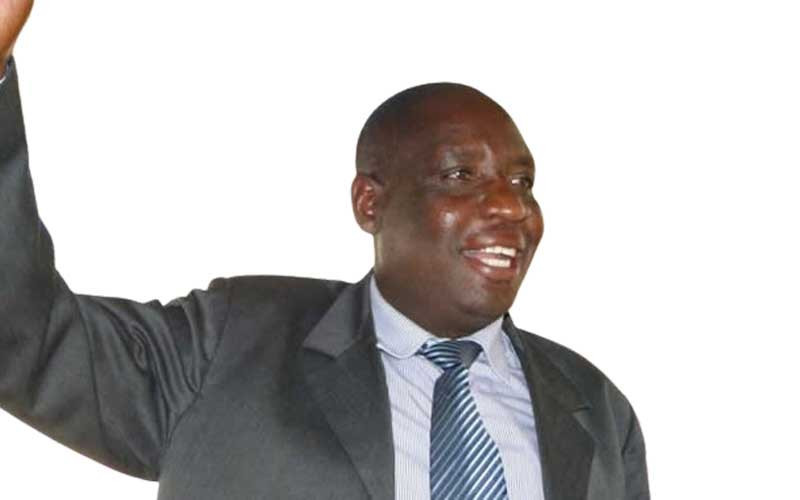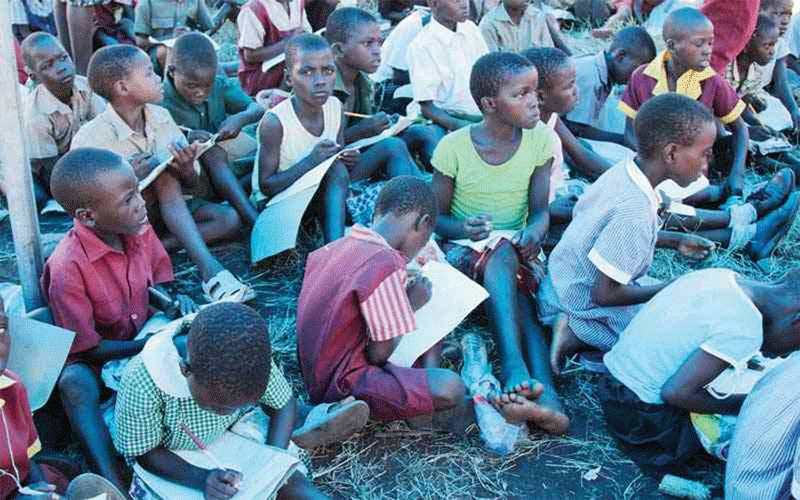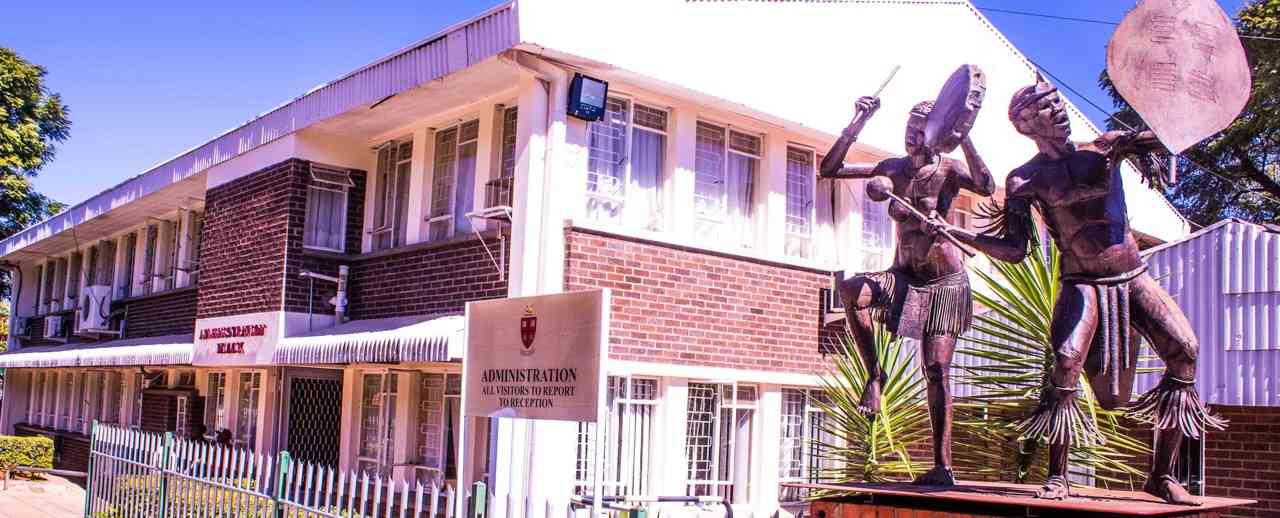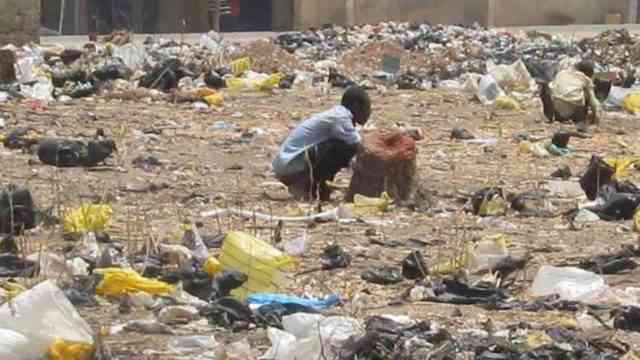
THE whipping system applied by Zimbabwean political parties in Parliament has weighed heavily on legislators from the Matabeleland region leading to marginalisation in terms of development, a former Movement for Democratic Change legislator has said.
Speaking during a virtual discussion organised by the Bubi Community Parliament on Saturday, former Pumula MP Albert Mhlanga said legislators from the ruling Zanu PF party and the opposition failed to raise relevant issues in Parliament due to the whipping system.
The virtual meeting explored the duties of parliamentarians while questioning the ability of legislators to represent their constituencies under the whipping system.
The former Bulawayo deputy mayor also revealed that former MDC legislator for Magwegwe, Felix Magalela Sibanda, was heckled and booed by his colleagues when he a moved motion on Gukurahundi without leadership consent.
“The whipping system was used in the United Kingdom in the 18th century. It is a good principle because it is used to monitor MPs so that they follow the terms and conditions of their parties.
“If the MP departs from party policy, they will whip him or her into line. What I saw during my terms as MP on whipping was that it was used especially against bringing up the Matabeleland agenda.
“They would use that to punish you, as it was a crime to bring up such an agenda. For example, Mafa Sibanda, who represented Magwegwe, at some point brought an order paper regarding the Gukurahundi issue and was told by the committee not to bring such an agenda. He was told it would be looked into later and they made it clear that they were not agreeing with it as a party.”
He said the chief whip knew that Sibanda was supposed to move the motion, but he did not give him a chance to table it.
- Corruption Watch: Get scared, 2023 is coming
- Corruption Watch: Get scared, 2023 is coming
- Letters: Ensuring Africa’s food security through availability of quality seeds
- Is military's involvement in politics compatible with democracy?
Keep Reading
“Sibanda introduced it, but he was heckled by the MDC members, and Zanu PF MPs applauded. They then called Sibanda and told him that such a motion would not proceed and reprimanded him.”
Mhlanga said MPs from Matabeleland were silent, although they were in support of the motion.
“That is where you realise that the whipping system is used against MPs to prevent them from representing the people's interests. Sadly, after 45 years, the Gukurahundi issue is still being mishandled,” he said.
He said some MPs were punished for presenting their constituencies' issues in Parliament.
“It then becomes the duty of the MP to see how to present the issues without angering the leadership of the party. People talk of a party, what is a party?
“You are talking about two or three people who are powerful in the party. If those people are not happy about what you said, you have to be whipped into line. It is just like the recalls.
“They are used such that when one is in conflict with the leadership, he or she must be whipped into line. So, on recalls, when one was be taken for a hearing, you would realise that the person had not done anything wrong, only that they would have acted contrary to the policy of the party or spoken what his people wanted, leading to the person being recalled.”
The government has engaged traditional leaders to lead public hearings on the Gukurahundi issue, although there are reports that victims are hesitant and boycotting the process in fear of victimisation after testifying in secret forums.
President Emmerson Mnangagwa appointed traditional leaders to lead public hearings to address the emotive issue, which remains a dark chapter in the country’s history.
The long-awaited hearings into the killings perpetrated by the disbanded 5 Brigade come amid concerns that the process had left out affected areas in the Midlands province.









